
Each year since 1966, we of the organization Us have publicly celebrated the birth and commemorated the martyrdom of Min. Malcolm X, El Hajj Malik El Shabazz.

Each year since 1966, we of the organization Us have publicly celebrated the birth and commemorated the martyrdom of Min. Malcolm X, El Hajj Malik El Shabazz.
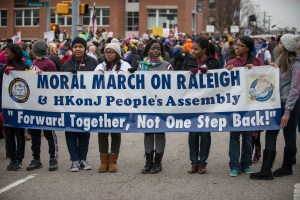
I believe that deep within our being is a longing for a moral compass. For those of us who are moved by the cries of our sisters and brothers, we know that, like justice, the acts of caring for the vulnerable…

For decades, Congress has implemented policies that distort America’s criminal justice system and tip the scales of justice in favor of punishment over rehabilitation.
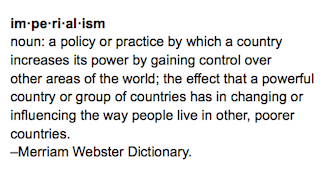
After all we’ve learned from the Edward Snowden leaks, it is impossible to be surprised by The Intercept’s report that the NSA is “secretly intercepting, recording, and archiving the audio of virtually every cell phone conversation on the island nation of the Bahamas.” But Americans ought to be upset by this revelation. It won’t do to shake our head, shrug our shoulders, and just accept what no longer has the power to shock us. This is a perfect illustration of the need for reforms that rein in the global surveillance apparatus we’ve created so that it is better aligned with American values and interests.
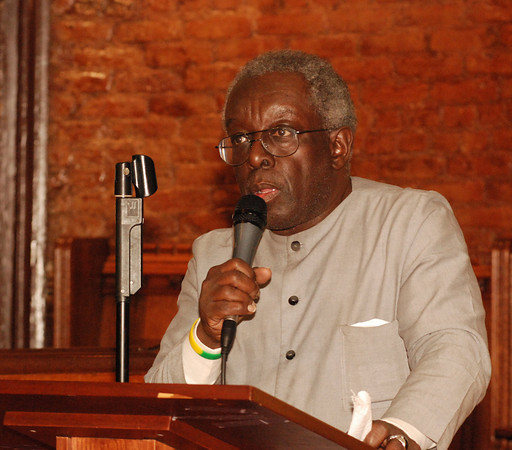
On the very day his friends and comrades were celebrating the birthday of Malcolm X (El Hajj Malik El Shabazz), Elombe Brath was joining his fellow revolutionary on the other side of our struggle.
I was still reeling from the news that one of Detroit’s most remarkable freedom fighters, General Baker had joined the ancestors when in rapid succession like a machine gun of sorrow word came that the author Sam Greenlee had expired…
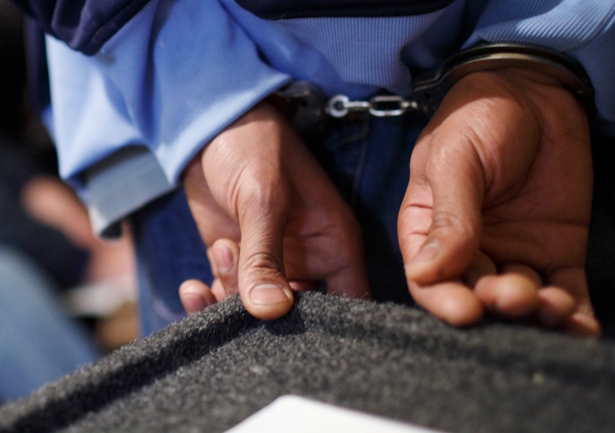
I like the Colorlines “Racial Justice Bucket List for 2014.” The activists and organizers included provide a good mix of the concrete/practical and more abstract/idealistic steps we should take toward achieving true racial justice. It’s obviously not an exhaustive list, as you’d need books upon books upon books in order to properly lay out a comprehensive plan for eliminating racism in the United States. Put frankly, this shit is complicated. But having goals helps, even if their only real achievement is keeping you sane in the midst of the chaos. I have a few things I’m working toward this year:
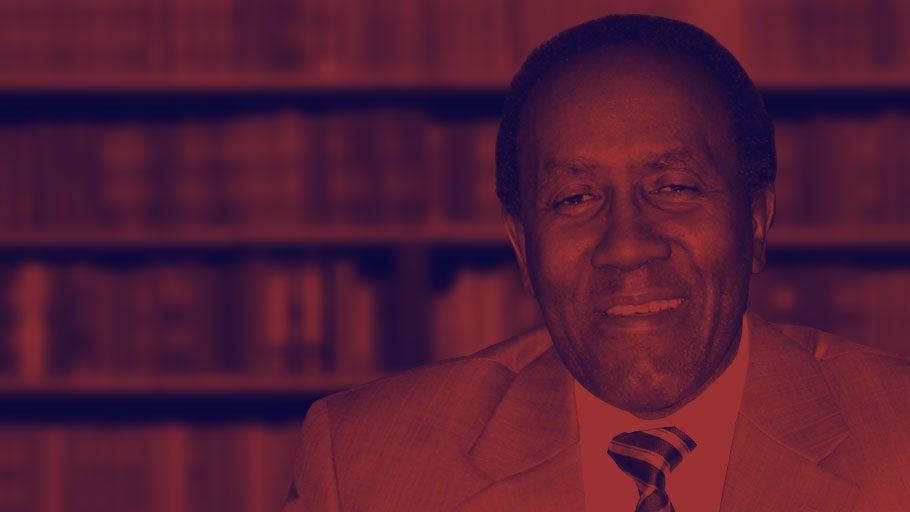
The English-speaking Caribbean has created a culture of governance in which democratic elections are held free of violence and voters cast their ballots and the transfer of power is orderly and gracious.
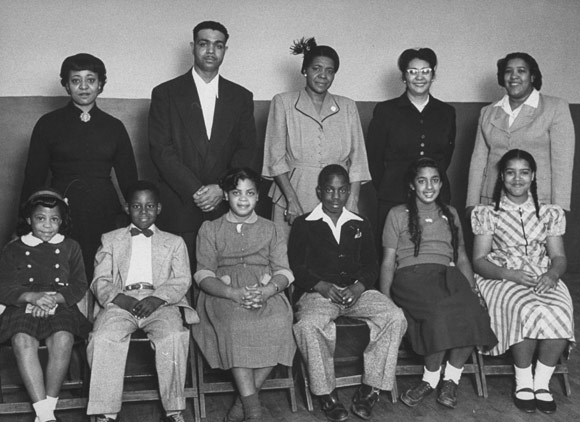
In March of 1863, a fugitive slave named Gordon found his way to the Union Army lines in Baton Rouge, Louisiana.
The use of the phrase “white supremacy” is ubiquitous in American political discourse. This is a result of many factors. Primarily, the election of Barack Obama and the United States’ changing racial demographics have created a reactionary backlash from white conservatives.
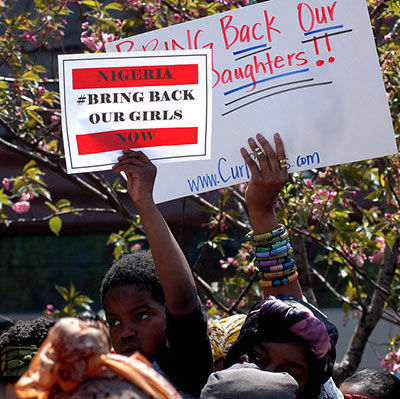
Only people who closely follow international news were aware of this situation until last week. It is right that so many people are concerned for the girls’ safety. Unfortunately, the effort to draw attention to this horror is of little use without a deeper understanding of Africa’s political situation.

Those who seek and are satisfied with simply the minimum get just that and often less. These are those who “negotiate” or rather petition from positions without power and often depend in undignified ways…